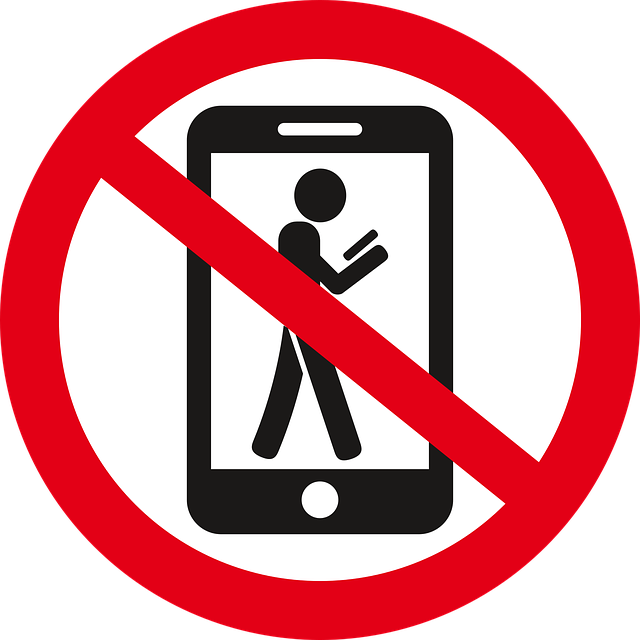Greenville, North Carolina, tackles robocalls through education and awareness. Local authorities teach residents about No Call Laws banning automated commercial calls without consent. Workshops, public service announcements, and expert webinars empower citizens to recognize, block, and report robocallers. Consulting a lawyer for No Call Laws North Carolina is advised for legal assistance in dealing with violators and understanding one's rights.
Greenville, North Carolina, is taking a proactive step to combat annoying robocalls by educating its residents about state regulations. With a focus on empowering citizens, local authorities are spreading awareness about no-call laws, helping them understand their rights and the legal implications of violations. This initiative showcases Greenville’s commitment to fostering digital wellness and ensuring that residents remain protected in an era dominated by automated calls. For those facing robocall harassment, seeking legal advice from a professional specializing in No Call Laws North Carolina can be a crucial step.
Understanding Robocalls and No Call Laws in North Carolina
Robocalls, or automated telephone calls, have become a pervasive issue across the country, including Greenville, North Carolina. While some robocalls are promotional in nature and considered legal under certain circumstances, many fall afoul of state laws designed to protect residents from unwanted phone marketing. In North Carolina, No Call Laws prohibit automated calls for commercial purposes unless the caller has obtained prior written consent from the recipient. Violations can result in significant fines, making it crucial for both businesses and residents to understand their rights and responsibilities.
Greenville’s approach to educating its residents involves a multi-faceted strategy. Local government, in collaboration with consumer protection organizations and legal experts, such as a lawyer specializing in No Call Laws North Carolina, hosts workshops and public service announcements. These efforts aim to raise awareness about the laws, teach residents how to recognize and block robocalls, and empower them to take action against violators. By staying informed, Greenville’s citizens can better protect themselves from these intrusive calls and leverage legal avenues when necessary.
Greenville's Approach to Educating Residents About Robocall Regulations
Greenville, North Carolina has been proactive in empowering its residents to protect themselves from unwanted robocalls. The city’s approach involves a multi-faceted strategy that includes public awareness campaigns and educational initiatives. Local authorities collaborate with telecommunications companies and consumer protection agencies to disseminate information about No Call Laws in North Carolina. They organize community workshops and webinars, inviting experts such as lawyers specializing in No Call Laws, to explain the legal protections available to residents and how they can register complaints against violators.
Through these efforts, Greenville aims to ensure that its citizens are well-informed about their rights and have the resources needed to combat relentless robocalls. By making educational materials easily accessible, the city encourages residents to take proactive measures to curb intrusive phone marketing practices, fostering a more peaceful and less disruptive living environment.
The Role of Legal Advice in Navigating No Call Law Violations
Greenville, North Carolina’s approach to educating residents about robocalls involves more than just raising awareness; it includes empowering citizens with knowledge about their rights under the state’s No Call Laws. These laws are designed to protect individuals from unwanted telemarketing calls, giving them the right to opt-out and seek legal recourse if violated.
When a resident believes they’ve been subjected to robocalls in violation of these laws, seeking legal advice from a specialist lawyer for No Call Laws North Carolina becomes crucial. Legal experts can guide victims through their rights and options, including filing complaints with regulatory bodies or taking legal action against the offending parties. This support is vital, as it ensures residents understand their protections and know how to navigate potential violations effectively.






